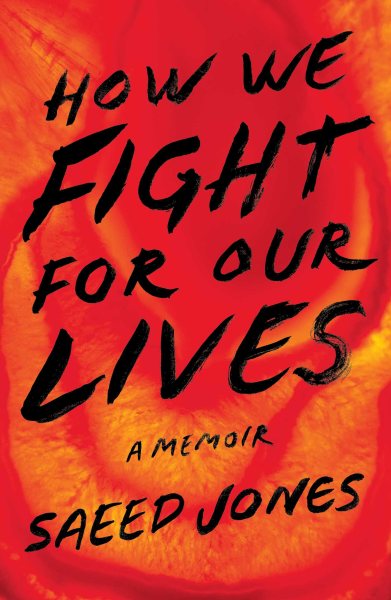By Charlie R. Braxton. Special to the Clarion-Ledger Sunday print edition (October 20)
For many decades, this country has held on to the mythos of the great American melting pot, the place where the world’s tired, poor huddled masses can come and be a part of the democratic fabric of the good old USA. Many people point to this melting pot mythology as proof of America’s exceptionalism, which gives our country the God-given right to transform the world in its red, white (with the emphasis on the word white) and blue image.
 It is the global projection of this image, as imperfect as it may be in actuality, that has long been a part of the lore and lure of the United States of America. It is the mirage that entices thousands upon thousands of people to leave their troubled homelands and, sometimes, risk their lives to come to “the land of the free and the home of the brave,” where they are free to live their lives as they see fit, worship the God of their choice, and consume as much as their wallet will allow.
It is the global projection of this image, as imperfect as it may be in actuality, that has long been a part of the lore and lure of the United States of America. It is the mirage that entices thousands upon thousands of people to leave their troubled homelands and, sometimes, risk their lives to come to “the land of the free and the home of the brave,” where they are free to live their lives as they see fit, worship the God of their choice, and consume as much as their wallet will allow.
But no one tells them that there is a heavy cost to enter this land and dive into the alabaster cauldron that is America’s melting pot. And for those native or foreign-born children who aren’t white, male, Christian, and cisgender and wish to swim in the mainstream of America’s melting pot, the toll is extremely high. For members of the LGBT community it means suppressing a vital part of their selves so that thay can “get along” with the cisgender majority. This so-called staying in the closet can be damaging to their psyche or, in some cases fatal–as the escalating suicide rate among LGBT youth may indicate.
For those who doubt this damage happens, reading Saeed Jones’ riveting memoir, How We Fight for Our Lives will offer anecdotal proof.
In How We Fight for Our Lives, Saeed Jones, an award-winning African American poet, recounts with vivid details many of the trials and tribulations of growing up a black, gay male in the deep south and his struggle to create a safe space where he can be free to be himself and love whomever he chooses without fear or prejudice from anybody.
But for black non-cisgender men, who grow up in the South’s so-called Bible-Belt like Jones, finding a safe space can be difficult to create as Jones documents via a series of masterful tales about his struggle navigating the various reactions of his family and friends to his sexuality.
This difficulty is certainly not lost on Jones who writes, “As much as this book is my coming of age story as a gay Black man raised in the American South by a single mother, it is also my attempt to excavate the reason why I have come to think of life as a fight.”
For those of us who seek a deeper understanding of the dire need to continue to love and fight for all humanity, we should be grateful to Saeed Jones for having the courage to write How We Fight to for Our Lives.
Charlie R. Braxton is a poet, playwright and journalist whose latest book is entitled Embers Among the Ashes: Poems in a Haiku Manner (Jawara Press, 2018)
Saeed Jones will be at Lemuria on Wednesday, October 23, at 5:00 p.m. to sign and discuss How We Fight for Our Lives.


Comments are closed.